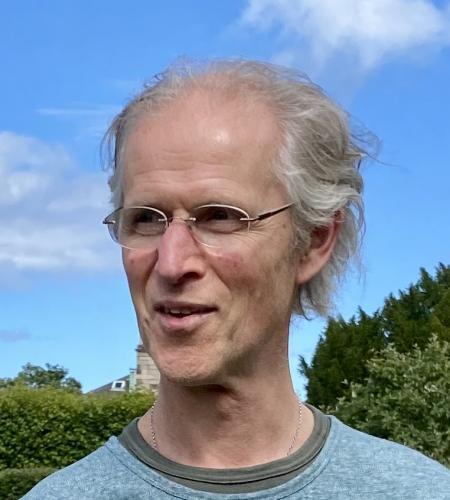“Fortis fortuna adiuvat. Fortune favours the brave.
” - Terence
Dr James Hawkins specializes in both the treatment of psychological difficulties and in helping people enhance their health and wellbeing. James has worked as a medical doctor and also has extensive training in psychotherapy. He has lectured and run workshops both nationally and internationally. He stays very up to date with emerging research and produces a quarterly newsletter that goes out to therapists & interested members of the general public around the world. This broad background of skills means that it is often possible to find ways to help even when a problem has proved resistant to previous attempts at therapy.
personal background
As a child James was fascinated by what made a ‘good’ life. Later he read philosophy, before switching to medicine and graduating from Cambridge as a doctor in 1975. As well as working in hospitals, he trained in various forms of psychotherapy, complementary medicine, meditation and group work. Although still registered with the General Medical Council, he no longer maintains a licence for active medical practice (for example prescribing medications). He does however continue to work full time as both a psychotherapist and a wellbeing advisor.
head and heart
James aspires to practise ‘good medicine’.
He believes this means providing expert therapy in a warm-hearted, perceptive, human way. For almost any health problem, there are a bewildering variety of treatments that claim to be useful. Finding one’s way through this maze requires a huge amount of knowledge that needs constant updating. James has a personal database of about 32,000 research articles. On average he spends several hours weekly scanning key articles that have recently emerged in his fields of interest. So much new research is being published all the time. GP's and hospital doctors rarely have the time to read very much of this important work. Complementary therapists may be unaware it's available. Once the therapies that have the best chance of helping you have been selected, James will either carry out the treatments himself or refer you to an expert in the relevant field.
It’s great to have therapy that’s highly appropriate and delivered with significant skill. If however treatment is all head and little heart, the results may well not be nearly as helpful as they otherwise could be. James believes that knowledge evolves, but the heart of health care remains constant in the care and sensitivity with which it is practised.
